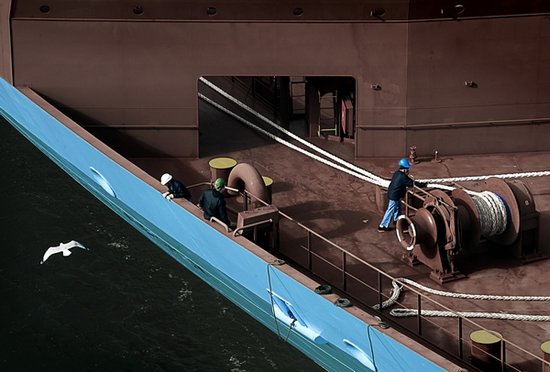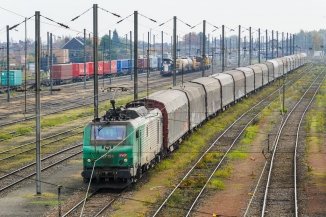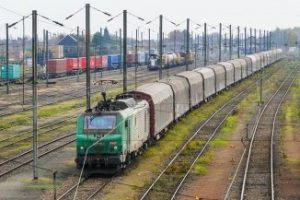Throughout 2024 and the early months of 2025, the Italian Guardia di Finanza in Udine has intensified its efforts to combat fuel fraud, uncovering a complex network of illegal diesel trafficking. The operation, led by the Economic and Financial Police Unit, resulted in the seizure of over 308,000 litres of contraband fuel on Italian territory, with serious implications in terms of tax evasion, environmental impact and road safety.
The investigation comprises eleven separate operations sharing common elements, carried out primarily along the A23 and A4 motorway corridors, near the border crossings of Tarvisio (Udine) and Gorizia. The fuel, originating from Hungary and Slovakia, was accompanied by falsified documents describing it as a “mixture of organic solvents” or “anti-corrosion liquid”, and was officially destined for locations in southern Italy.
The enforcement efforts by the Guardia di Finanza in Udine led to the seizure of eight curtain-sided articulated lorries, two tankers and one tank container, all used to transport the diesel. The hauliers were reported for breaching excise duty regulations, as the fuel had not been subjected to VAT payments (amounting to approximately 9,000 euros) or excise duties (exceeding 190,000 euros).
Crucial to the success of the operation were the on-site analyses made possible by specialised sampling equipment. The suspicions of the officers, raised by inconsistencies in the transport documentation and the unusual characteristics of the cargo, were confirmed by the chemical tests. It was revealed that the transported substance was in fact diesel, adulterated with cutting agents that temporarily altered its appearance to evade detection.
The adulterants used to create these so-called “designer fuels” not only hinder the identification of the products but also pose a significant threat to vehicle engines and the environment. Once introduced into the market, these fuels could have caused severe mechanical damage to unsuspecting consumers and further jeopardised road safety. The intervention by the Guardia di Finanza is part of a broader regional initiative to combat excise fraud, coordinated by the Friuli Venezia Giulia Regional Command, and aims to tighten controls in a sector frequently targeted by illegal trade and criminal infiltration.






































































